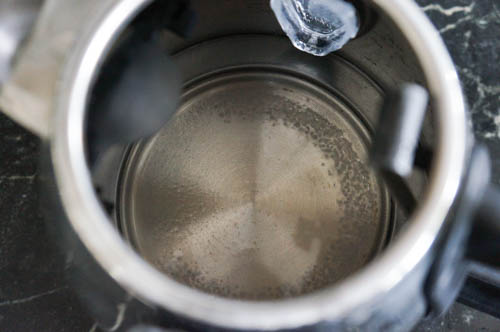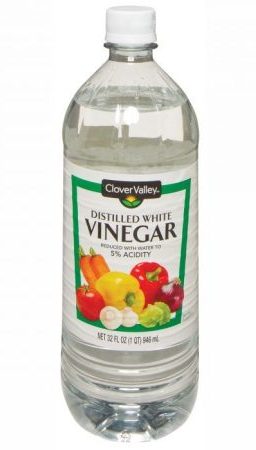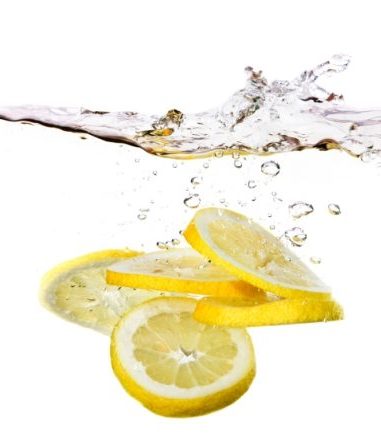Contents
Electric Kettles are quite useful kitchen appliances as they help you up with a lot of tasks. However, there are certain drawbacks using a water boiler. One of such problems is cleaning an electric water boiler, especially, removing hard water build-up.
In this article, we are going to mention a few techniques that will allow you to clean your electric water boiler with ease.
What is Hard Water Build-up?

Hard water build-up is a common phenomenon that is often seen happening with electric kettles, washing machines etc. It is more evident in the areas with hard water.
Hard water contains an excessive amount of mineral in it. Some of these minerals are calcium and magnesium carbonates. These minerals create a coating of limestone or chalk in the areas where water is frequently contained. When you boil water in a kettle the water evaporates and leaves these minerals behind that eventually create a thick layer along the surface which hardens as the time goes by.
It is important to clean off this hard water build-up as it may affect your morning beverages by floating along with the water. Also, if not cleaned frequently, this can ruin the polish of your appliance. An Electric Kettler with hard water build-up will take more time to heat the water and consequently will use more energy than it used to.
How to Clean a Water Boiler
In order to descale the limestone scaling or hard water build-up, you can follow one of the following simple methods. These methods comprise using mildly acidic substances like lime juice, vinegar etc.
1. Use Vinegar
Vinegar is a common household item that you can easily find in a supermarket near you.

- Take equal parts of water, vinegar and mix them together.
- Pour the resultant solution into your water boiler till around halfway.
- Switch on your water boiler and let the solution come to a boil.
- Once reaching to boil, turn off the boiler. Let the solution stay in for a while, let’s say, for about 20 minutes.
- Pour the solution and drain the water away.
- Check if there is some build up on the inner surface. Take a non-metallic sponge and gently wipe away the build-up.
- Lastly, boil some water inside the water boiler to make sure that there are no vinegar traces left. With this method, you’ll surely have a performing water boiler for home.
Tip: If hard water build-up is severe, increase the amount of vinegar in the water and let the solution stay a little longer inside the kettle or boiler.
2. Alternate Way: Use Some Lemon Juice!
So when life gives you lemons, what do you do? You take them and clean your water boiler, right?! Well, here’s the thing, vinegar seems to work best with the hard water build-up inside a water boiler. However, some of the manufacturers recommend not to use vinegar for cleaning due to safety purposes.
So if your water boiler does not allow you to use vinegar, do not worry! We have another solution for you, and that is lemons!
Yes, lemons have acidic properties that help in descaling hard water build-up. The process is pretty similar to how it was with vinegar. Anyhow, let’s take a look at how it works.
- Take a few lemons, cut them in half, and pour their juice in a half-full water boiler.
- Do not throw away the remaining pieces just throw them inside, along with the lemon juice.
- Plug in the water boiler, bring the solution to boil.
- Reaching the boil, turn the power off.
- This time, let the solution stay inside for about an hour.
- Afterwards, wipe it clean with a cloth or non-metallic scrub.
- Boil a kettle-full of water to get rid of any leftover traces.
Tip: If you do not have lemons, you can alternate them with baking soda! Just mix a teaspoon of baking soda into water and follow the same drill. Boil, soak, rinse and you’re done!
The EndNote
Taking care of your water boiler does not take much time. It is pretty likely for some build-up to be seen as we use these appliances frequently every day. However, it does not take much time to descale the hard water build-up, moreover, you don’t have to perform the drill very often.
Make sure you keep your water boiler clean by using these tips in order to keep you and your family healthy.
If you have any query regarding the subject, let us know. We’ll be glad to guide you through.
Cheers!